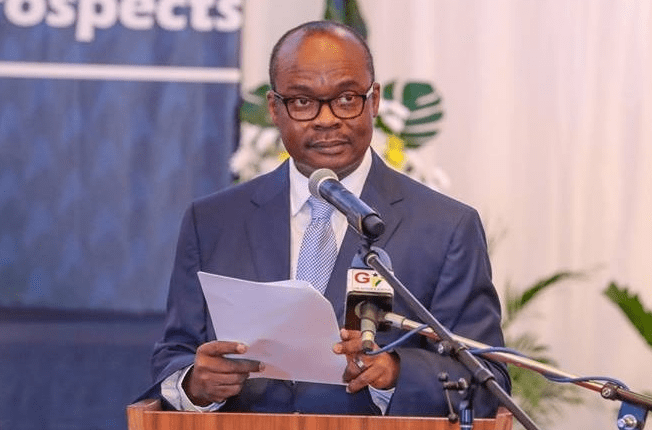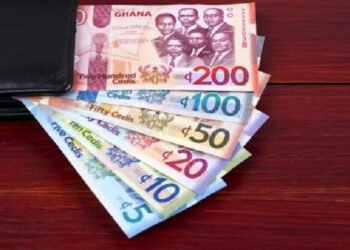The Bank of Ghana has assured that the Ghanaian economy is on a rebound with sustained momentum in a pick-up in economic activity. According to the Bank, its updated Composite Index of Economic Activity (CIEA) recorded an annual growth of 13.9 percent in January 2021.
The Central Bank stated that the CIEA recorded in January is the highest since December 2019. It is also higher than the 3.4 percent recorded in the corresponding period of 2020. Meanwhile, the central bank stated that the key drivers of economic activity during the period were construction, imports, and domestic VAT. Other factors included industrial consumption of electricity, passenger arrivals at the airport, and port activity.
Chart 1: Annual Growth in CIEA

Bank of Ghana Confidence Surveys
The bank of Ghana normally conducts surveys to determine the sentiments of consumers and businesses concerning the Ghanaian economy. These surveys help the central Bank to assess the perceptions of the economy from the perspectives of these economic agents. The outcome of the surveys aid the Bank and the government on future policy directions.
Consumer Confidence
The latest survey conducted by the bank of Ghana in February 2021 saw a decline in the business and consumer confidence indices. The Consumer Confidence Index declined 102.8 in December 2020 to 97.1 in February 2021. This is the lowest index since June 2020 when the Consumer Confidence index was 90.3.
Also, the recent Consumer Confidence Index is very much below 100.7 recorded in February 2020. This means that consumer confidence is way below pre-COVID levels despite signs of a rebound in the economy. This suggests that consumers are yet to gain sureness about general economic activities in the country. As a result, this will affect most of the economic decisions they make.
However, the Bank of Ghana attributed the softening of consumer confidence to heightened concerns about the potential re-imposition of restrictions. This was as a result of an upsurge in COVID-19 cases in the first two months of the year.
Business Confidence
Similarly, business sentiments about the general economic situation also deteriorated in February 2021. This was based on concerns that the re-imposition of restrictions would further have detrimental consequences on the attainment of their short-term goals. The latest data from the Bank of Ghana show that the Business Confidence Index reduced to 97.9 in February 2021. The current index is lower than the 101.1 recorded in the previous survey conducted in December last year. Also, it is far below the 101.4 recorded in the corresponding month of 2020.
However, the Bank of Ghana has expressed optimism about the general confidence of businesses and consumers. The Bank of Ghana expects both business and consumer confidence to rebound due to the commencement of the vaccine rollout. Also, the Bank of Ghana expects the gradual lifting of remaining restrictions to boost the confidence of businesses and consumers.
Private sector credit
The developments in the businesses and consumer confidence perfectly reflected in private sector credit growth within the period. The Bank of Ghana stated that private sector credit growth slowed in the first two months of 2021. This, the central bank noted, was due to constrained demand for credit. Annual nominal growth in private sector credit slowed to 7.4 percent in February 2021. This was far below the 21.8 percent recorded in the corresponding period of 2020. Similarly, real private sector credit contracted by 2.7 percent in February 2021. Still, a growth that falls below the 12.9 percent recorded over the same comparative period last year.
READ ALSO: Inflation expected to return to the target band in Q2 2021 –BOG























